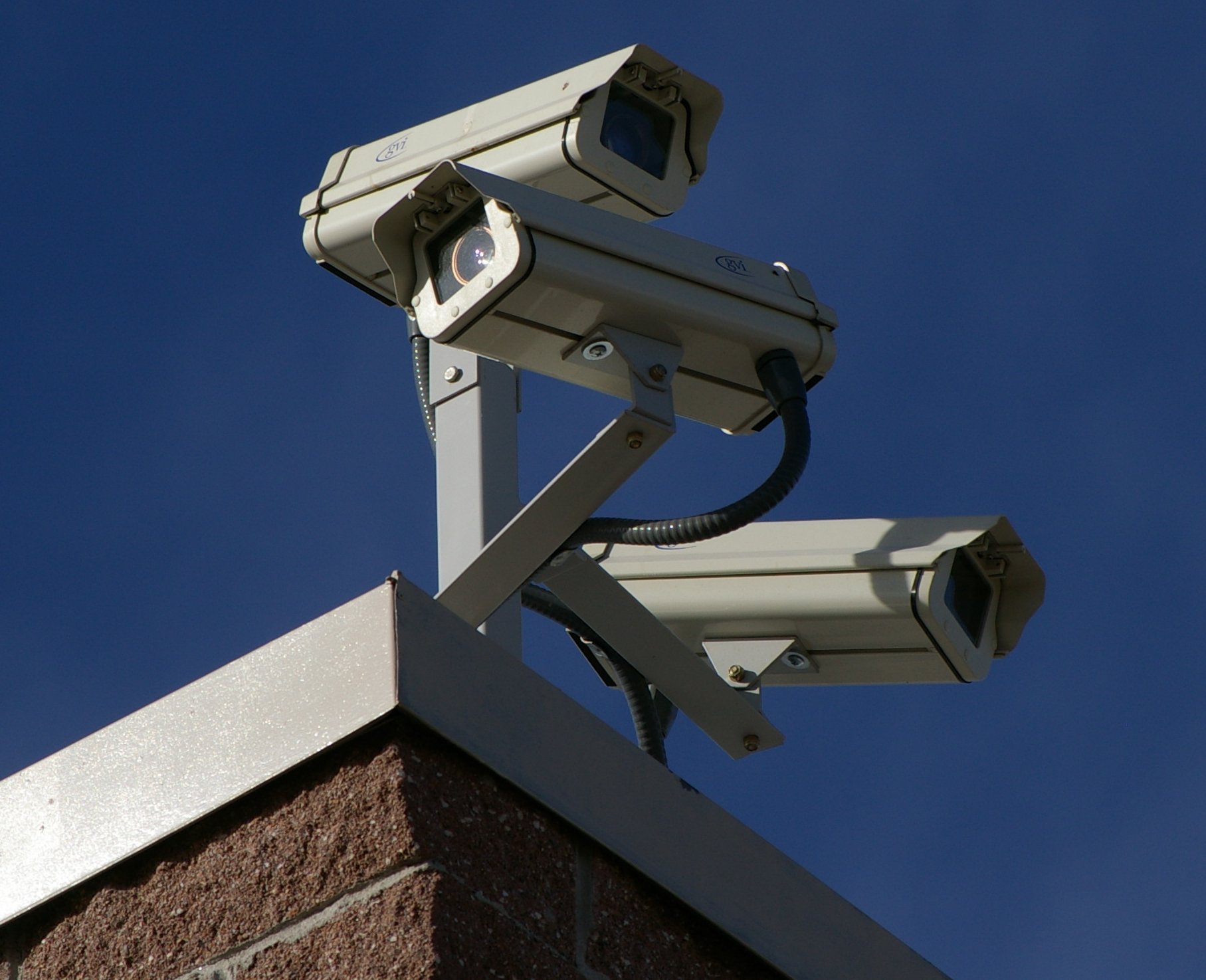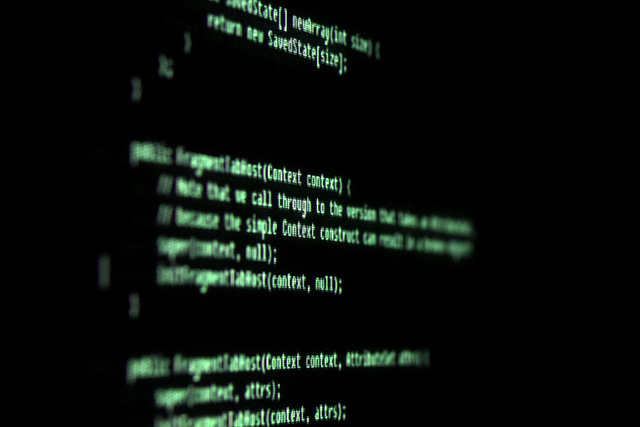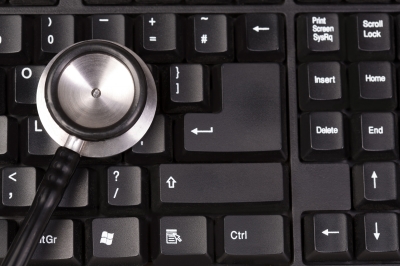Having lived in Korea for the past 2 and a half years, I can say that I love this place. It is an amazing culture and a truly amazing country. It also helps that I am an internet junkie, and the service here is unbelievable. I pay 41,000 won per month (around $39.00) for 100mb internet service with no contract. This is truly a place where connectivity is king.
However, I have consistently had one major issue, and that is with online shopping and banking. When I want to go to my bank website, I have to download at least 5 security programs, including keylogging pretection software. These are all designed to keep you safe, and your information secure. Funny, that the only time my information was compromised was when it had nothing to do with e-commerce. These programs also degrade the performance of your computer.
One of the biggest issues I have is that most online shopping websites use ActiveX security from Microsoft. ActiveX is outdated, and really only works well with Internet Explorer. While I have nothing against IE, I do have issue with this,as it inherently limits browser choice. In fact, until about 2 years ago, my (soon-to-be) wife thought Internet Explorer WAS the Internet…
After searching, I found out that Korea passed a law in 1999 to protect consumers that required the use of ActiveX security. I see serious issues with laws such as these, and that is due to the inherent difference in pace between law and technology. The world has moved beyond ActiveX, and South Korea is for once, lagging behind, and this is due to enshrining ActiveX into law. However this will be changing soon.
This April, after months of rumors, the Government has finally announced plans to fix things!! This is wonderful news, however I fear that it has come too late in the game. I wonder if this had any effect on ticket sales for the Incheon Asian games(I had to have my wife order them, because the payment system was exclusively in Korean)?
All I can say is that I am glad that things are moving in the right direction, and that Korean consumers will finally have a choice in browsers.
CIJT: Do you think that it is beneficial to enshrine specific technologies into law? Any ideas on how to have law keep pace with technology?
Source article: BusinessKorea
Photo: ClipDealer GmbH




